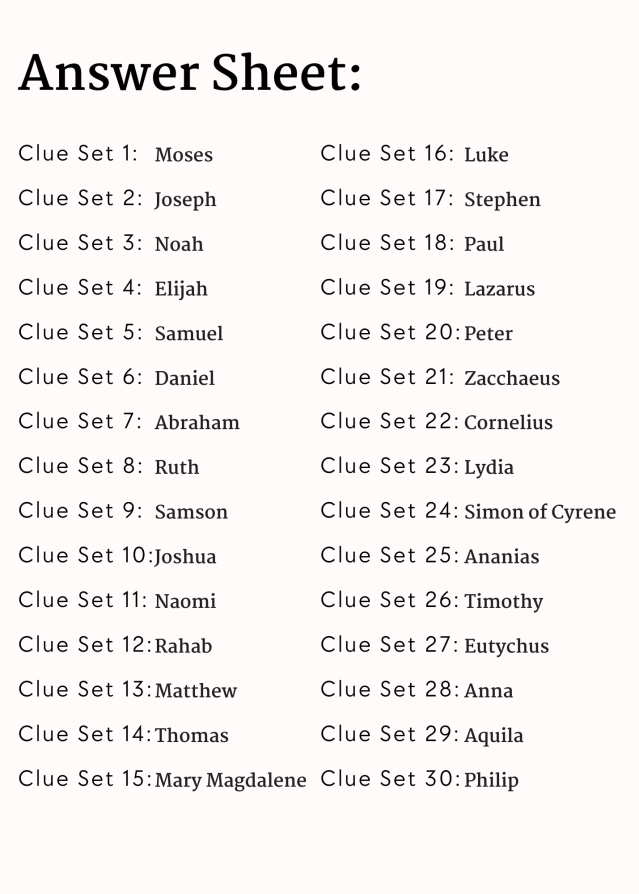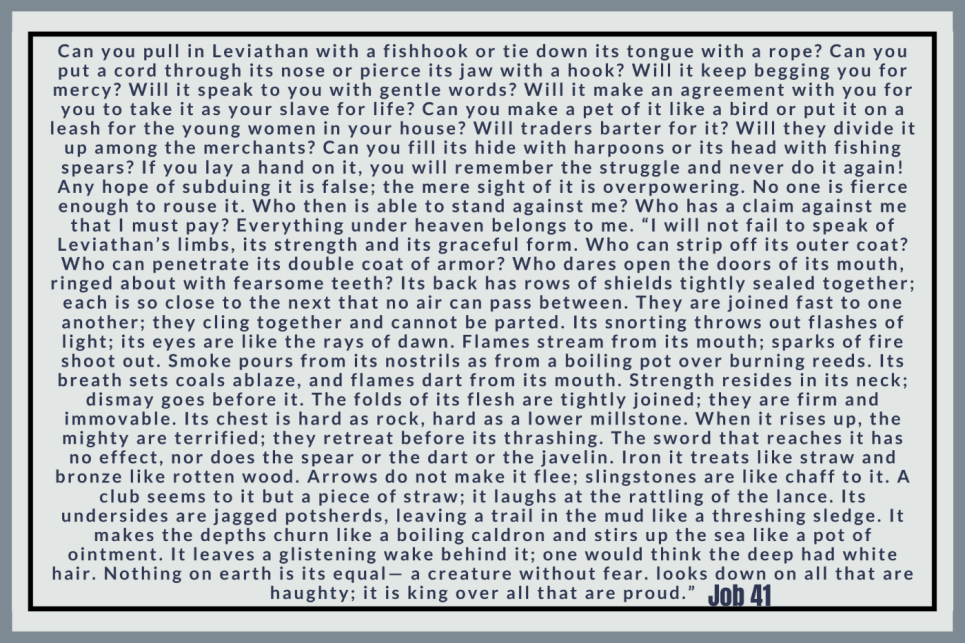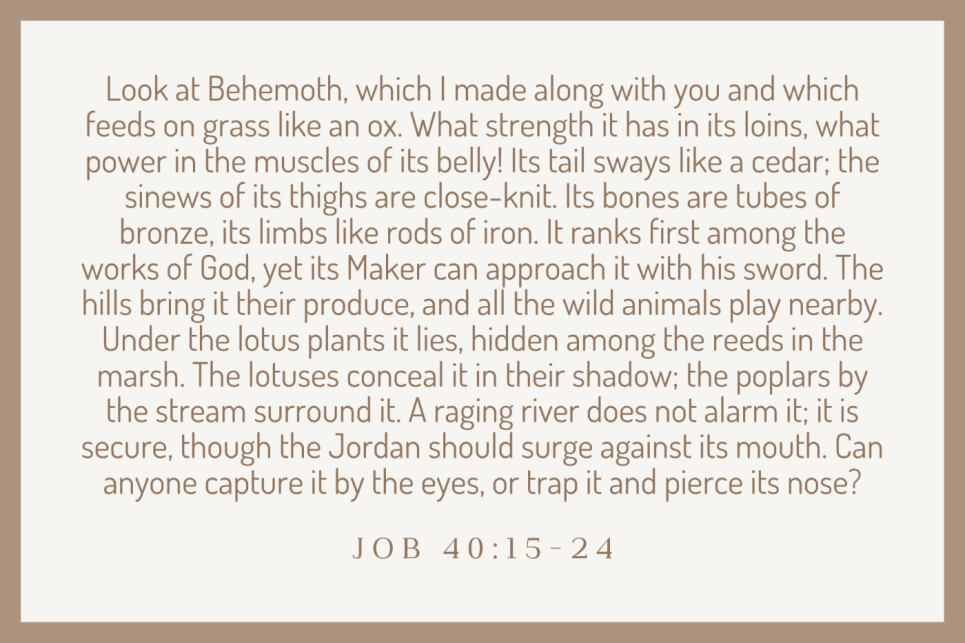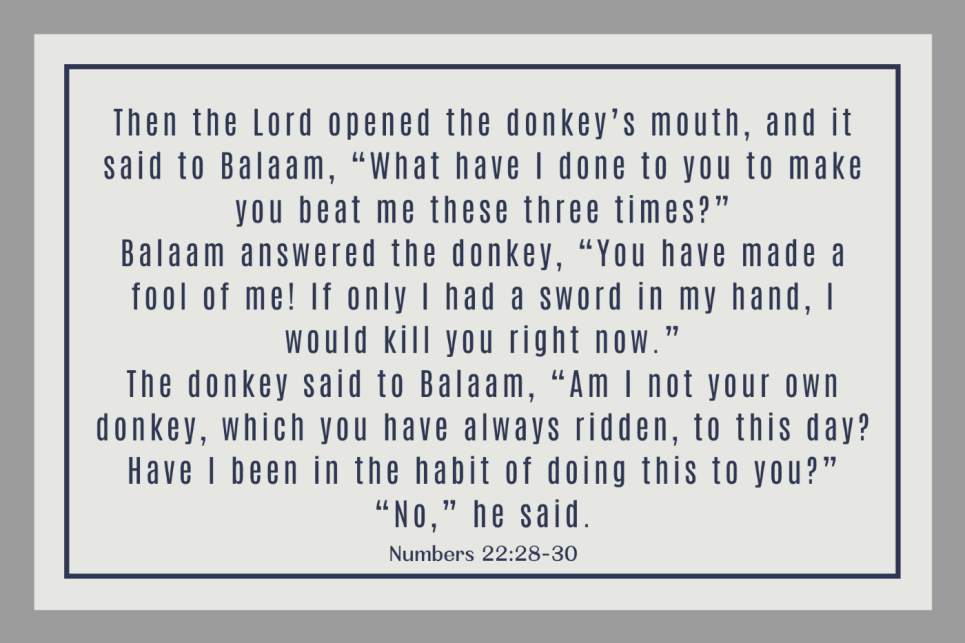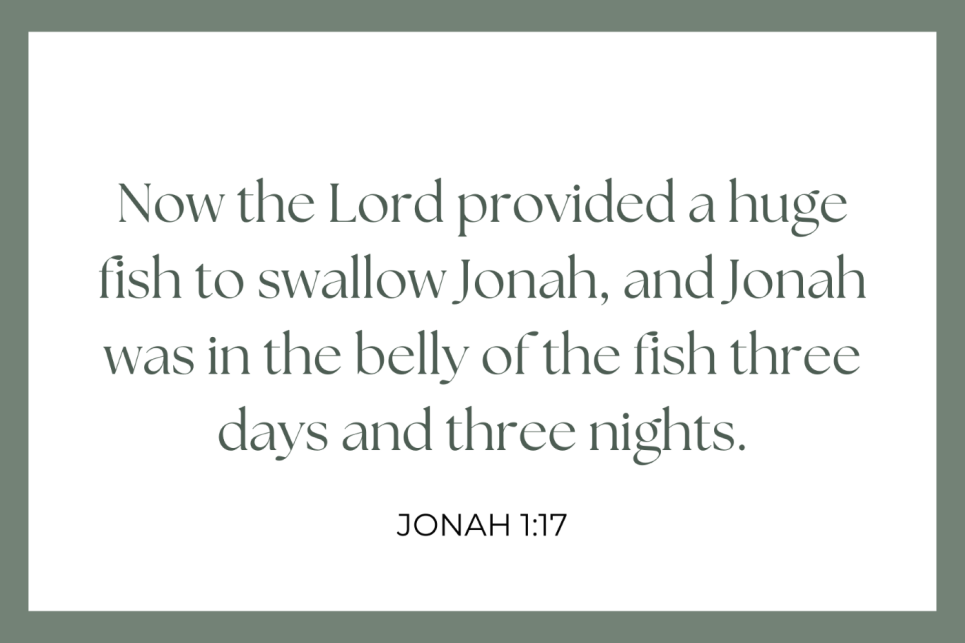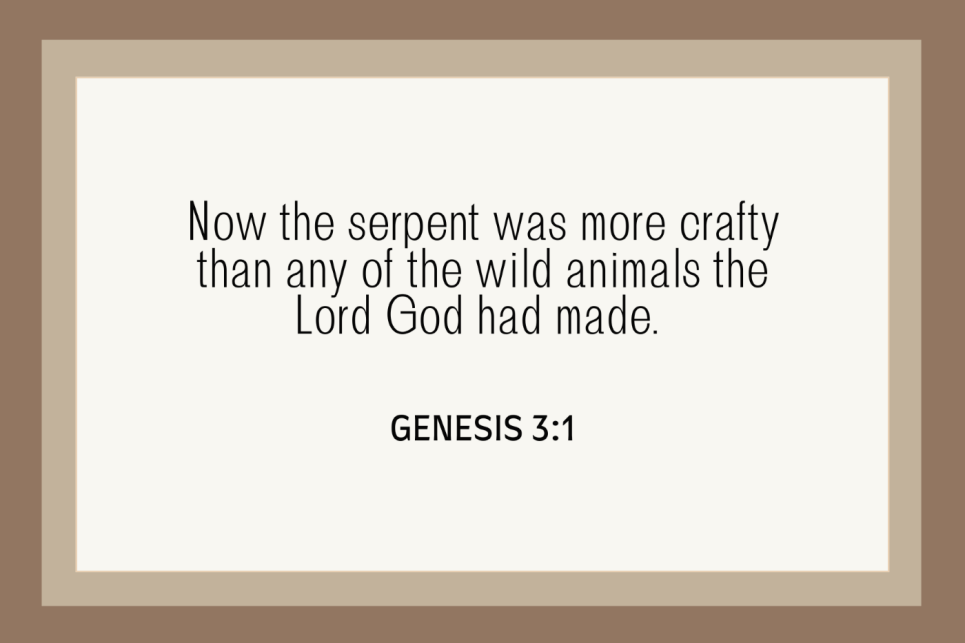Biblical to Modern Wear: What Would Jesus Don?

Fashion has long been a powerful form of self-expression. Clothing choices provide a unique way to wordlessly craft your outward identity, making a statement about who you are or what you stand for; revealing cultural heritage, personal values, or even your mood on any given day.
Fashion trends have evolved dramatically over the centuries, from the flowing robes of ancient times to the sleek, to the fashion trends of today. Read along as we embark on a playful exploration that examines the cultural and symbolic significance of fashion in the Bible, and speculate what Jesus’ wardrobe might look like if He were here today. Would He opt for the simplicity of His time—a humble tunic and sandals—or perhaps opt for a minimalist, modern look?
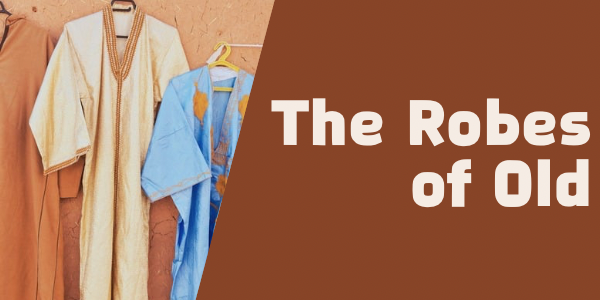
During the time of the Bible, clothing was practical, meeting the needs of daily life. Yet, much like today, garments were not purely functional, as different pieces often spoke to culture, status, purpose, or faith.
Here's a look at some of the common clothing items worn during that period:
Tunics: Long, loose everyday attire worn by men and women, often made of wool or linen.
Cloaks: Outer garments used for warmth, draped over the shoulders, and essential for protection against the elements.
Sandals: Simple footwear made of leather or plant fibers, essential for walking in rugged terrain.
Head coverings: Worn for practical and religious reasons, they shielded from the sun and signified humility or reverence.

Now we will take a look at specific garments in the Bible that are imbued with value and meaning.
Each piece conveys a message rich with faith, identity, and favor:
The Tallit: A prayer shawl is worn by Jewish men during prayers, with its fringes (tzitzit) serving as a reminder of God’s commandments.
Sackcloth: Worn as a sign of repentance and mourning, sackcloth was used to express deep sorrow and humility before God.
Joseph’s Coat of Many Colors: Symbolizes Joseph’s favored status with his father, Jacob. However, it also sparked jealousy and resentment among his brothers, leading to his betrayal and eventual rise in Egypt. The coat represents themes of favoritism, envy, and how God can transform difficult circumstances for a greater purpose.
The Hem of a Prophet’s Garment: In the case of Elijah and Elisha, the hem of their garments often represented their prophetic authority and connection with God.
The High Priest’s Ephod: A richly adorned garment worn by the high priest, including the breastplate with twelve stones representing the tribes of Israel. It symbolized the priest’s role as a mediator between God and the people.
Esther’s Robe: Esther’s royal robes highlighted her transformation from an ordinary Jewish girl to a queen who used her position to save her people, illustrating themes of courage and providence.
The Robe of Jesus: This robe, worn by Jesus during His crucifixion, is a representation of unity and wholeness. Its seamless design was so valuable that Roman soldiers cast lots for it rather than tearing it apart. The robe reminds us of Christ’s unbroken nature and the spiritual significance of His sacrifice.

Imagining what Jesus' wardrobe would look like today is an amusing juxtaposition of ancient modesty with contemporary threads. Given His emphasis on humility and approachability, His wardrobe choices today would likely express these core principles while blending seamlessly with current styles.
Check out our best guesses at what l would fill His closet:
Minimalistic Basics: Simple and quality pieces like plain T-shirts and well-fitting jeans.
Reasoning: Speaks to His message of modesty and rejection of material excess.
Comfortable Casuals: Comfortable yet stylish options like button-down shirts and chinos.
Reasoning: Embraces a laid-back and relatable demeanor that emphasizes His approachability.
Eco-Friendly: Sustainable ethically produced garments.
Reasoning: Aligns with teachings on stewardship while expressing compassion and respect for all creation.
Classic Elegance: Timeless pieces such as a tailored blazer or a simple dress shirt.
Reasoning: Respectfully honors inner virtue and grace without being ostentatious.
Contemporary Traditionals: Adaptations of ancient robes with modern cuts and fabrics.
Reasoning: An honor to His earthly heritage.
Demographically Inspired: Clothing that incorporates diverse cultural elements.
Reasoning: Communicates the inclusive universal application of His teachings.
Ergonomic Footwear: Practical and humble sneakers.
Reasoning: For walking, connecting with, and serving others.
Thoughtful Accessories: Scarves inspired by the tallit, and a necklace with a simple cross pendant.
Reasoning: Incorporating elements of His spiritual heritage while subtly acknowledging His spiritual eminence.

While clothing can certainly be used to express ourselves, in the end, it’s not the clothes we wear but the heart behind them that matters most to God. As we imagine a hypothetical wardrobe for Jesus in today’s world, it is clear that whether He were to wear minimalist attire, or updated versions of robes from His time on earth, the essence of His teachings—humility, compassion, and connection—would shine through. Fashion may change, but the call to live with love and integrity remains forever timeless.
-Torrance Community Church of Christ


